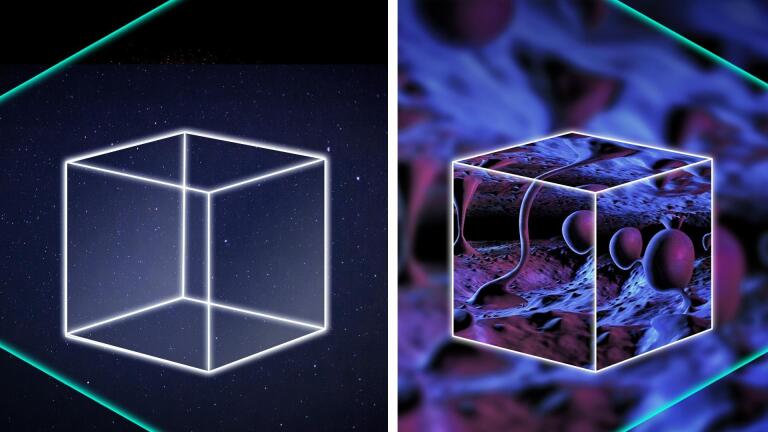Back to Show
PBS Space Time
How An Extreme New Star Could Change All Cosmology
Season 7
Episode 25
A new white dwarf has been discovered (poetically named: ZTF J1901+1458) that’s doing some stuff that no white dwarf should ever be able to do. In fact, it has multiple properties that are so extreme that it almost certainly did NOT form in the way that we thought all white dwarfs formed. This one peculiar point of faint light may change our understanding of all cosmology.
Sign up now for inspiring and thought-provoking media delivered straight to your inbox.
Support Provided By

19:03
Many World’s lack wavefunction collapse might be the key to the measurement problem.

18:32
The holy grail of physics is a quantum theory of gravity. What if it’s not possible?

18:32
Alien life will most likely be discovered by faint changes in the color of alien sunsets.

12:05
The 2023 Physics Nobel prize has been awarded to three physicists for attosecond physics.

15:59
With the James Webb Space Telescope we’ve now seen the earliest star ever detected.

17:24
Some are arguing that Many Worlds and Pilot Wave are really the same.

18:00
What if we could produce superconductivity at room temperature? It would change the world.

20:39
We may need to build a radio telescope in the quietest place nearby - the moon!

14:59
Spacetime on its smallest scale is an ocean of black holes and wormholes...or so we think.

11:49
Did JWST just find a new type of star powered by dark matter?

16:21
Did we just uncover new evidence to support Cold Dark Matter?

15:51
The gravitational wave background has probably been detected using a pulsar timing array.











